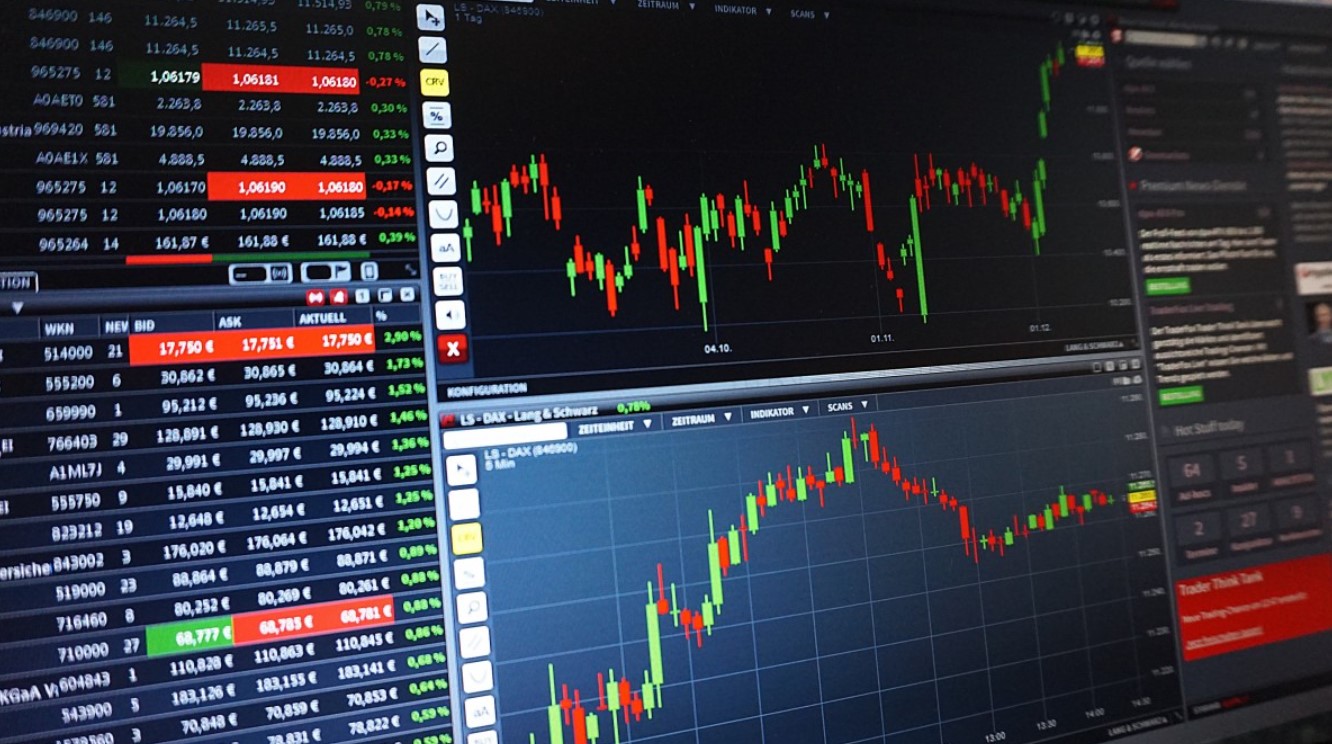Credit rating agency Morningstar DBRS has flagged significant uncertainty regarding the impact of tariff policies on global sovereign credit ratings.
In a newly published report, the agency highlighted that tariffs, along with their potential effects on credit quality, inflation, interest rates, and the broader global economy, continue to represent the most substantial downside risk to its sovereign credit assessments.
Despite the heightened market volatility observed in recent months, DBRS maintains a positive outlook for financial institutions globally.
“Even with the increased volatility seen recently in markets, we continue to expect that the credit ratings of most financial institutions worldwide will demonstrate resilience over the next year,” the report states.
Michael Driscoll, Head of Global Financial Institutions Ratings at DBRS, noted that while banks under the agency’s coverage are generally well-diversified and lack excessive exposure to sectors directly impacted by tariffs, a sharply deteriorating macroeconomic environment could nonetheless pose serious challenges.
“A rapidly worsening macroeconomic environment, particularly if it leads to job losses, could place significant pressure on earnings,” he said.
The report also outlines specific changes in sovereign credit outlooks.
DBRS downgraded the outlook on France’s AA (high) credit rating from “stable” to “negative”, citing mounting risks to the country’s ability to reduce its large fiscal deficit and high public debt ratio over the coming years.
Conversely, most of DBRS’s recent rating actions were confirmations.
“We affirmed the AAA credit rating with a stable outlook for the United States of America. The stable outlook reflects our view that the US’s dynamic economy, strong governance institutions, and deep financial markets support its AAA rating,” the agency said.
However, it cautioned that a prolonged increase in protectionist policies in the US, particularly if coupled with a less welcoming environment for incoming migration, could undermine the country’s economic resilience.
DBRS further emphasised that the United States retains a high degree of funding flexibility, and the US dollar’s position as the world’s primary reserve currency remains a key pillar of its credit profile.
Nonetheless, it warned that any policy actions significantly undermining the dollar’s dominance in international markets would be viewed negatively from a credit perspective.
In the energy sector, DBRS reported that the price of West Texas Intermediate (WTI) crude oil has declined by nearly 20 per cent over the past two months, currently hovering around 60 US dollars per barrel – its lowest level in four years.
This sharp drop is attributed to mounting concerns over slowing economic activity and weakening crude oil demand, stemming from the ongoing trade war between the United States and China, the world’s two largest oil consumers.
Adding to supply-side pressures, eight countries within the OPEC+ alliance have agreed to gradually phase out voluntary oil production cuts implemented since 2023, raising fears of a potential oversupply.
For the purposes of its credit assessments, DBRS forecasts the annual average WTI crude oil price at 65 US dollars per barrel in 2025, and 60 US dollars per barrel in both 2026 and 2027.
As for natural gas, the agency projects a price of 3.50 US dollars per thousand cubic feet (mcf) on the New York Mercantile Exchange (NYMEX) for 2025, citing strong weather-related demand so far this year.






Click here to change your cookie preferences